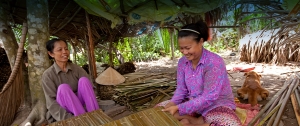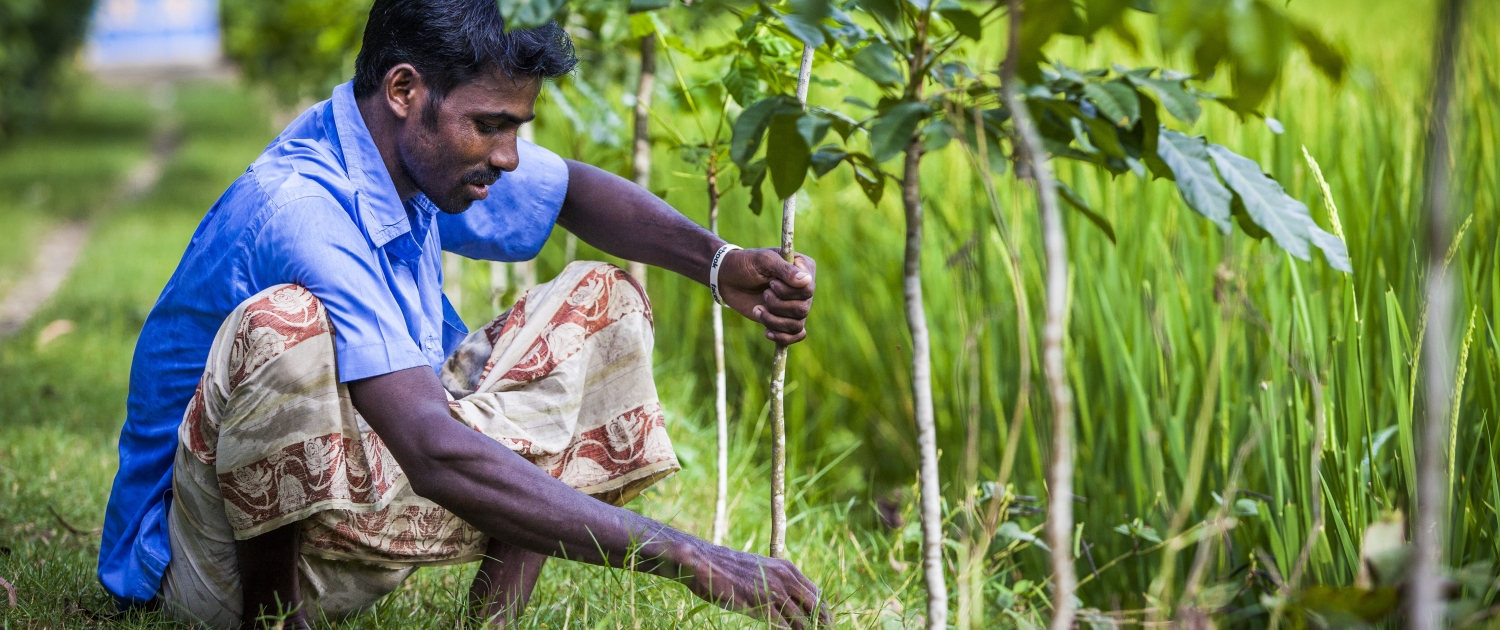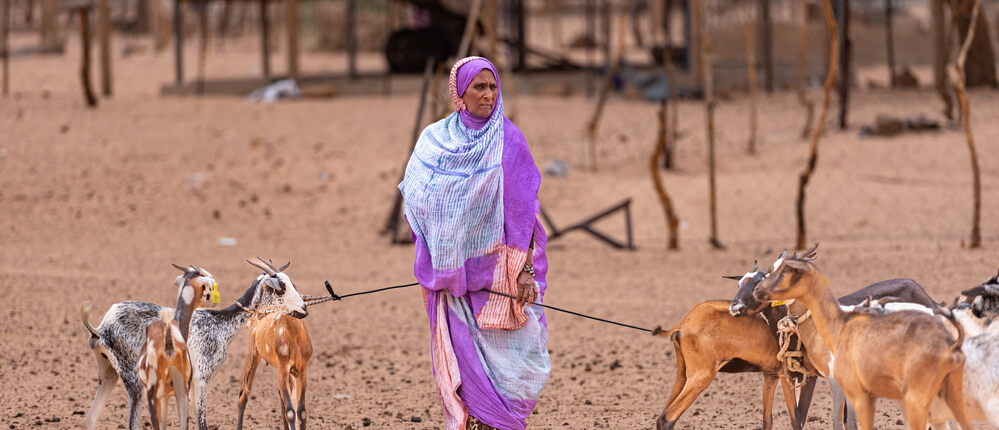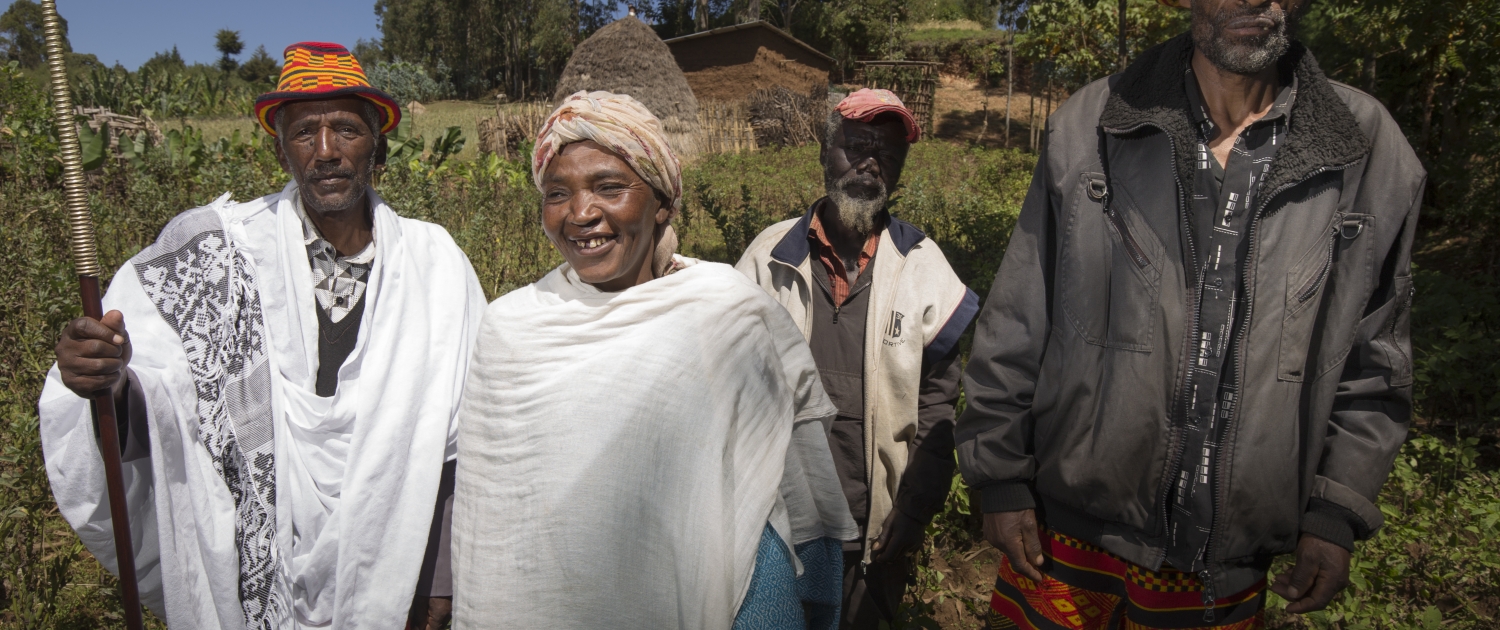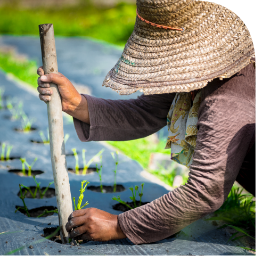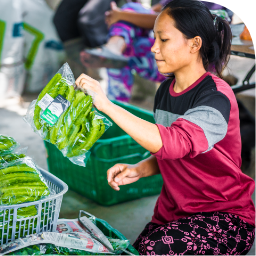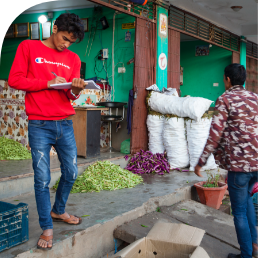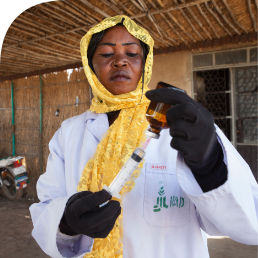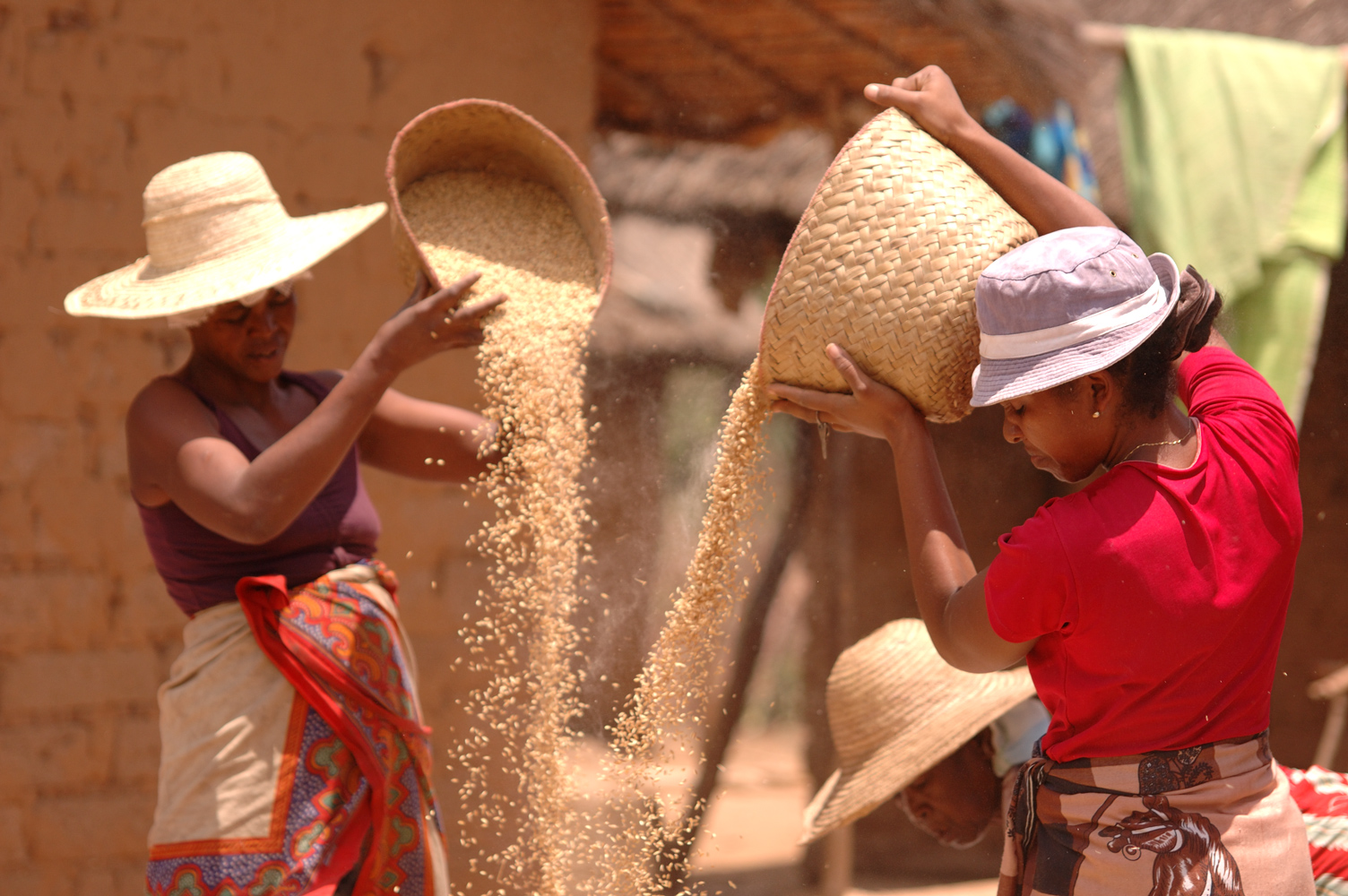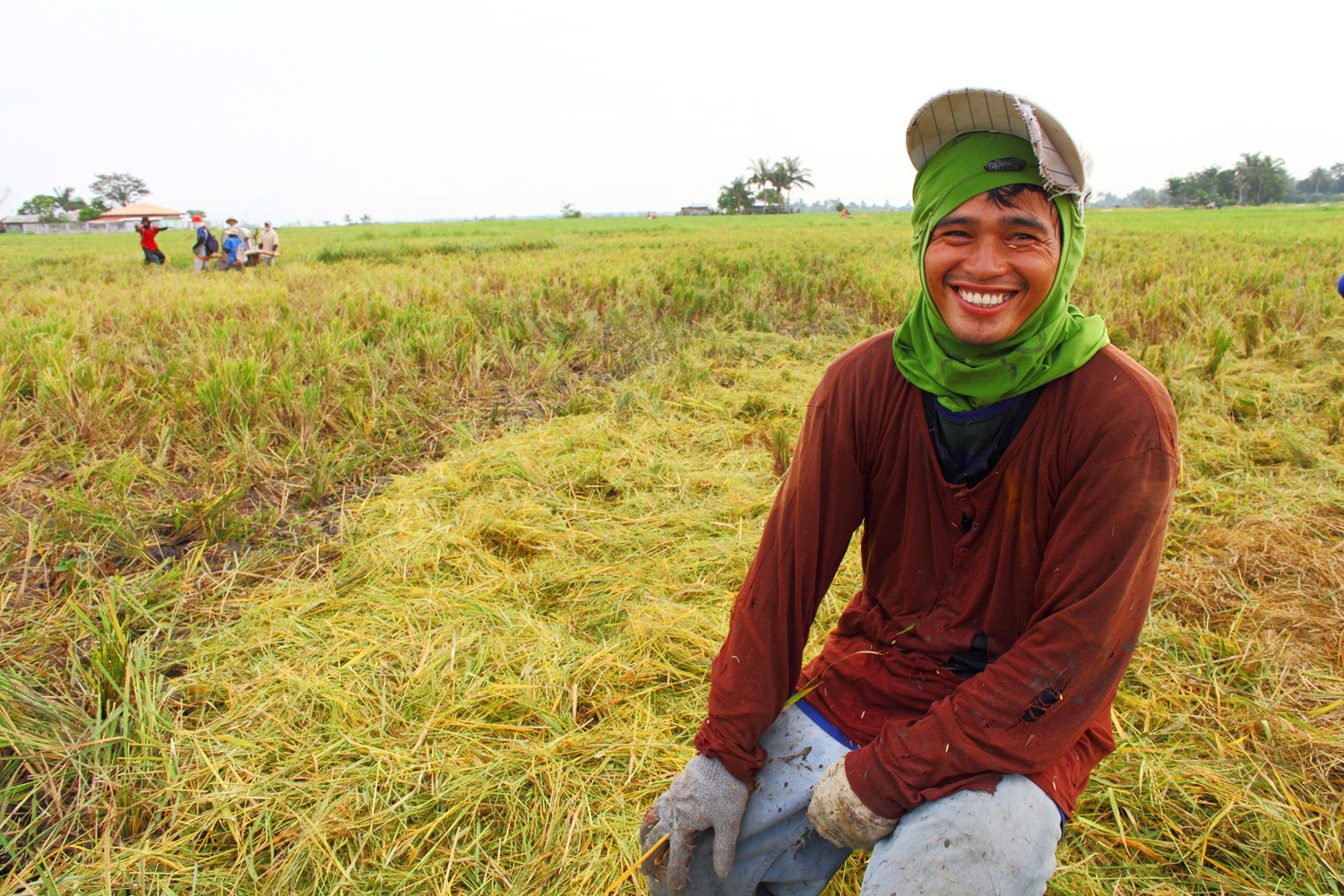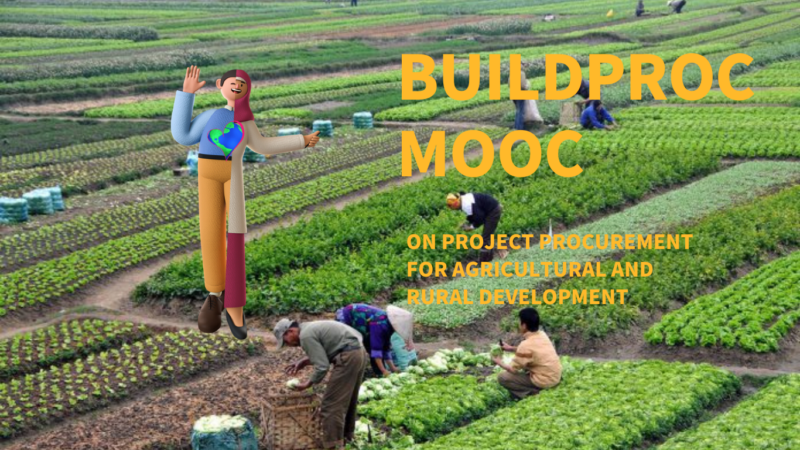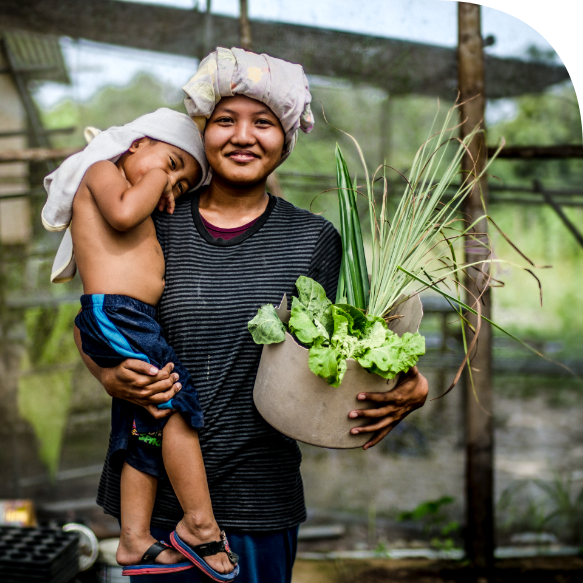 https://ifad-buildproc.org/wp-content/uploads/2024/05/22b4ac68-713e-4014-b551-4922f3803263-e1721729047966.jpg
450
450
buildproc@itcilo.org
https://live-buildproc.pantheonsite.io/wp-content/uploads/2021/06/BuildProc_logo.png
buildproc@itcilo.org2024-05-20 09:54:412024-07-23 11:29:23IFAD and ITCILO Launch BUILDPROC II
https://ifad-buildproc.org/wp-content/uploads/2024/05/22b4ac68-713e-4014-b551-4922f3803263-e1721729047966.jpg
450
450
buildproc@itcilo.org
https://live-buildproc.pantheonsite.io/wp-content/uploads/2021/06/BuildProc_logo.png
buildproc@itcilo.org2024-05-20 09:54:412024-07-23 11:29:23IFAD and ITCILO Launch BUILDPROC IIWHAT IS BUILD PROC?
BUILDPROC is a capacity-building programme in project procurement.
BUILDPROC is built around a three-tier certification programme that leads to a graduation programme.
BUILDPROC is the result of a partnership between the International Fund for Agricultural Development (IFAD) and the International Training Centre of the International Labour Organization (ITCILO).
Watch the video to learn more about Buildproc
WHAT WE AIM TO ACHIEVE
To offer a relevant, comprehensive, accessible and sustainable certification programme in procurement to Officials from national procurement regulators / procurement authorities
To uplift project procurement skills to internationally accepted procurement standards.
To improve project efficiency and effectiveness through a transparent and optimized project procurement function.
To strengthen national capacity in procurement to achieve better development outcomes and results.
IMPACT
Procurement is on the critical path between funding and development results. By strengthening procurement, BUILDPROC has an impact on development results, which become more significant through a more efficient use of public funds, strengthened institutions, reinforced good governance, and enhanced capacity in the procurement system.
OUR VISION
![]() Professionalizing project procurement
Professionalizing project procurement
![]() Creating a global Community of Practice
Creating a global Community of Practice
![]() Contributing to the effectiveness of development aid
Contributing to the effectiveness of development aid
![]() Building a partnership network
Building a partnership network
![]() Investing for sustainability
Investing for sustainability





